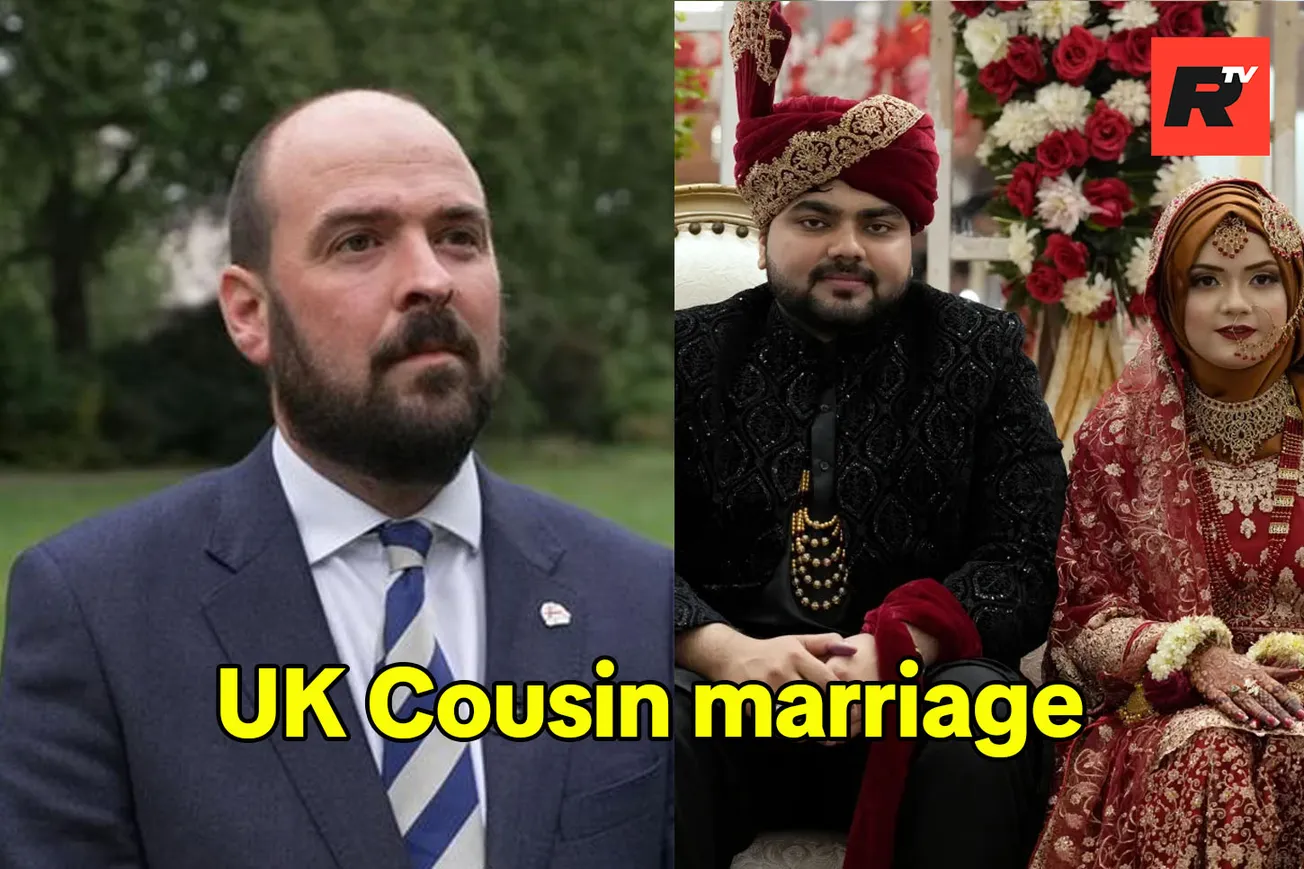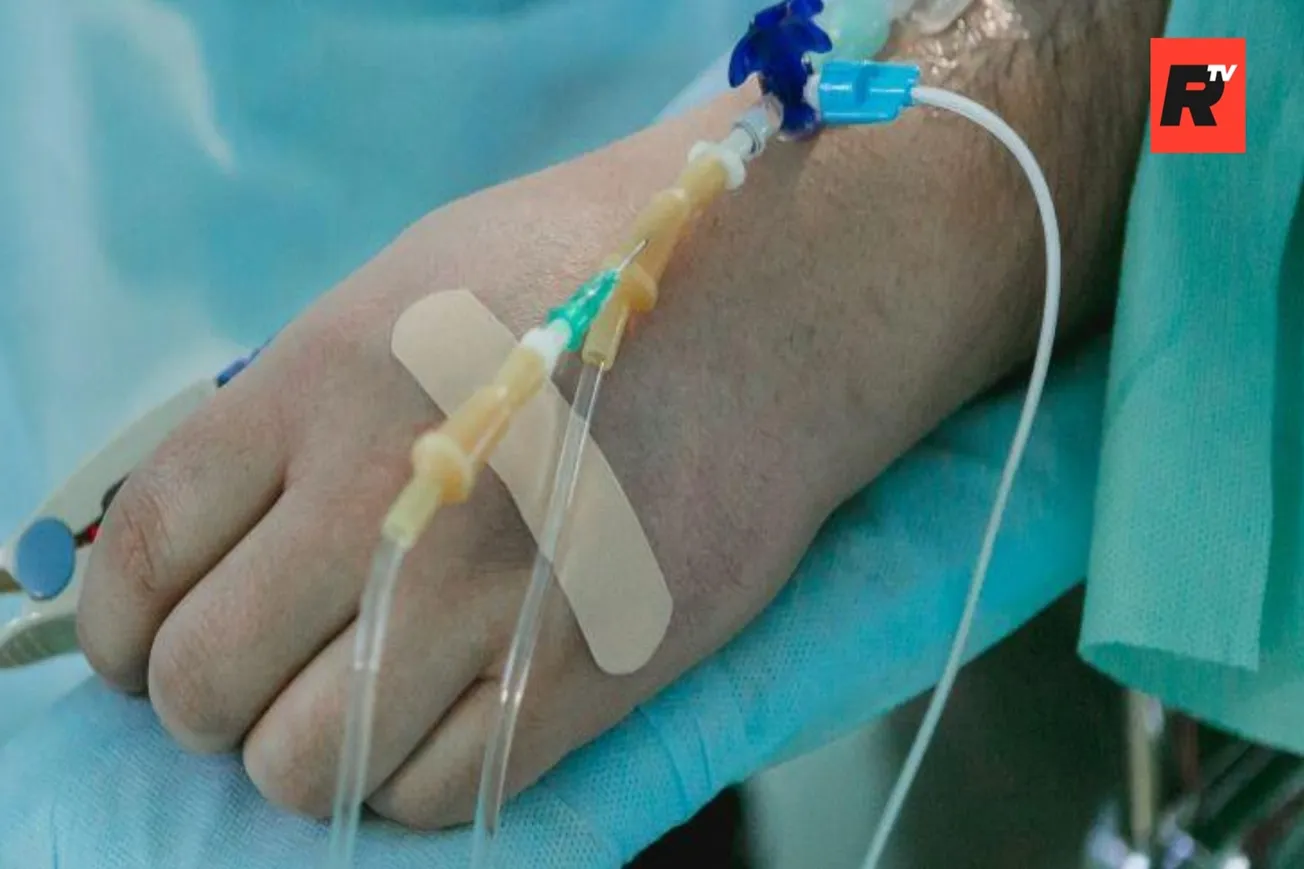Table of Contents
The National Health Service, the publicly funded healthcare system in England, is under fire for issuing guidance that promotes first-cousin marriage, touting “stronger extended family support systems and economic advantages,” despite clear evidence of increased risks of genetic disorders in offspring.
The controversial guidance, published last week by NHS England’s Genomics Education Programme, was removed from the website by Monday amid growing outrage.
Tory MP Richard Holden slammed the NHS, warning, "Our NHS should stop taking the knee to damaging and oppressive cultural practices."
"The Conservatives want to see an end to cousin marriage as a backdoor to immigration too, but Labour are deaf to these sensible demands," Holdin continued. "Sir Keir Starmer should stop running scared of the misogynistic community controllers and their quislings who appear in the form of cultural relativist-obsessed sociology professors, and ban a practice the overwhelming majority, from every community in Britain, want to see ended for good."
The guidance cited the Born in Bradford study, which found that children of first cousins in Bradford — where the practice is common in the British Pakistani community — face an 11 percent chance of speech and language problems, compared to 7 percent for children of unrelated parents.
Additionally, only 54 percent of children of first cousins reach a "good stage of development," compared to 64 percent for others.
Yet, the NHS downplayed these risks, with Professor Sam Oddie claiming that blaming first-cousin marriage for genetic conditions is an "oversimplification" and the increased risk is "small."
The guidance ignores the well-documented dangers of recessive genetic disorders, such as cystic fibrosis and thalassaemia, which are more likely in children of first cousins.
The promotion of such marriages has also been linked to systemic issues, including the oppression of women, fueling calls for an outright ban.
The NHS’s attempt to normalize this practice has sparked accusations of cultural pandering and disregard for public health.
The guidance’s swift removal suggests internal acknowledgment of the misstep, though no official apology has been issued.
After the experimental gene-editing mRNA mandates during the manufactured COVDI pandemic, should we be surprised the government is now promoting gene mutation?








